Telangana govt schools still await piped drinking water
Fri 20 Jun 2025, 02:06:58
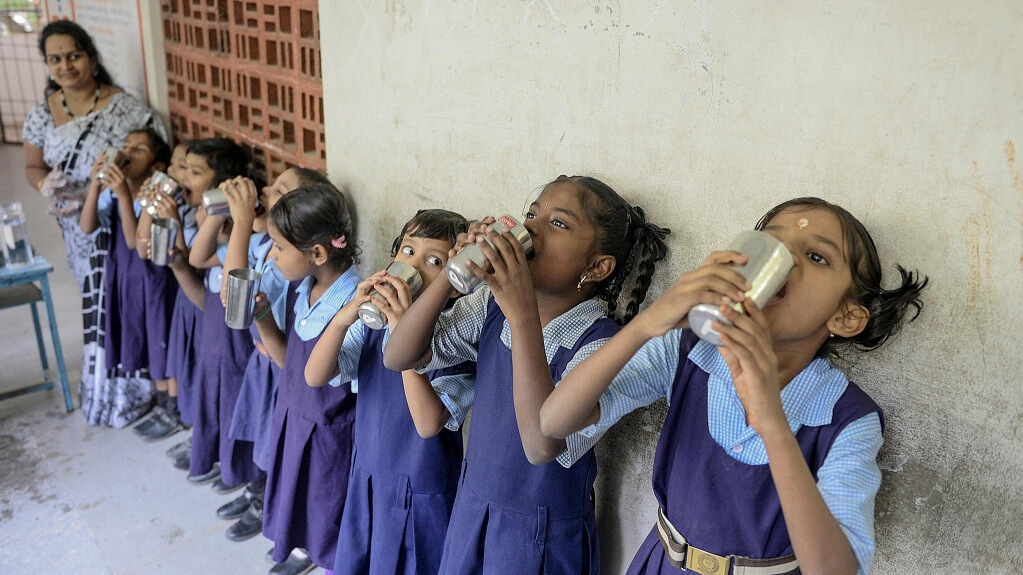
The social audit of the mid-day meal scheme for 2024 has painted a grim picture about the source of drinking water for the pupils in the Telangana government and local body schools, several of which still rely on borewells and hand pumps to meet their potable water needs.
According to the social audit, a total of 17.6 percent of schools, with 18.7 percent in rural and 12.1 percent in urban areas, continue to draw water from borewells, while 7 percent fulfill their drinking water requirements through hand pumps.
Together, nearly 25 percent of the schools are dependent on underground water, which is prone to contamination with substantial inorganic pollutants in drinking water like arsenic, fluoride, rust and bacteria, and has potential to affect children’s health.
Commissioned
by the School Education department, the social audit states that only 27.2 percent of the schools have access to RO (Reverse Osmosis) water, while 43.8 percent use tap water. About 10 percent of schools reported drawing drinking water from alternate sources not listed above.
by the School Education department, the social audit states that only 27.2 percent of the schools have access to RO (Reverse Osmosis) water, while 43.8 percent use tap water. About 10 percent of schools reported drawing drinking water from alternate sources not listed above.
As many as 660 schools with 20 schools from each of the 33 districts were studied for the audit, with 6,872 school students participating as respondents.
Another startling revelation is that 34.7 percent of the schools have no running water facility in the kitchen and 20.1 percent of schools reported that space meant for the kitchen was insufficient. Only eight percent of the schools have the availability of a dining hall and the majority of the respondents informed the audit team that they dine either in the classroom or corridor.
No Comments For This Post, Be first to write a Comment.
Most viewed from Hyderabad
Most viewed from World
AIMIM News
Latest Urdu News
Most Viewed
May 26, 2020
Should there be an India-Pakistan cricket match or not?
Latest Videos View All
Like Us
Home
About Us
Advertise With Us
All Polls
Epaper Archives
Privacy Policy
Contact Us
Download Etemaad App
© 2026 Etemaad Daily News, All Rights Reserved.



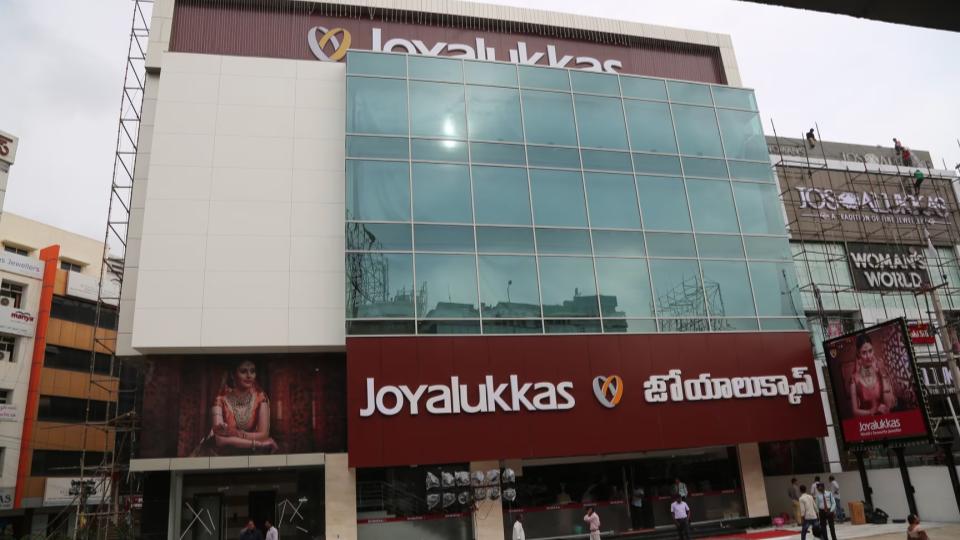



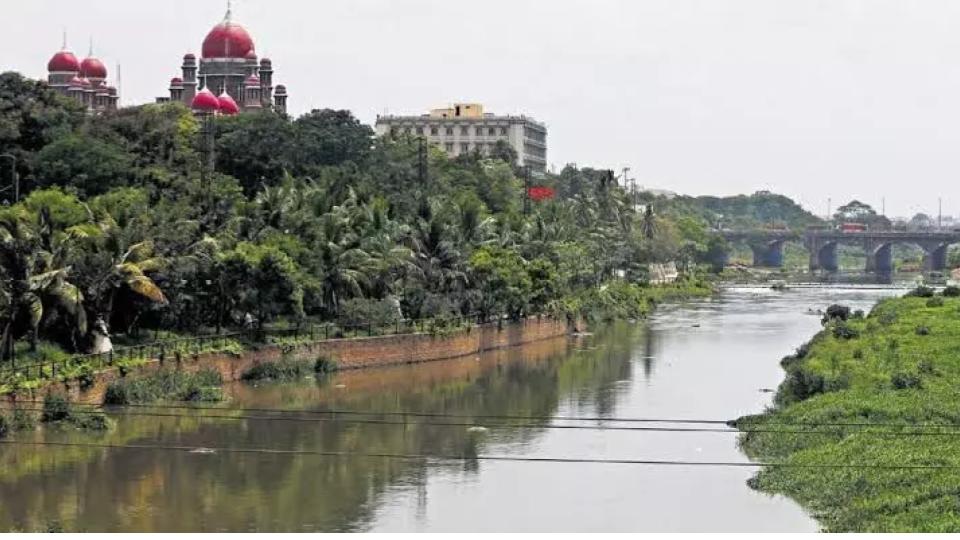



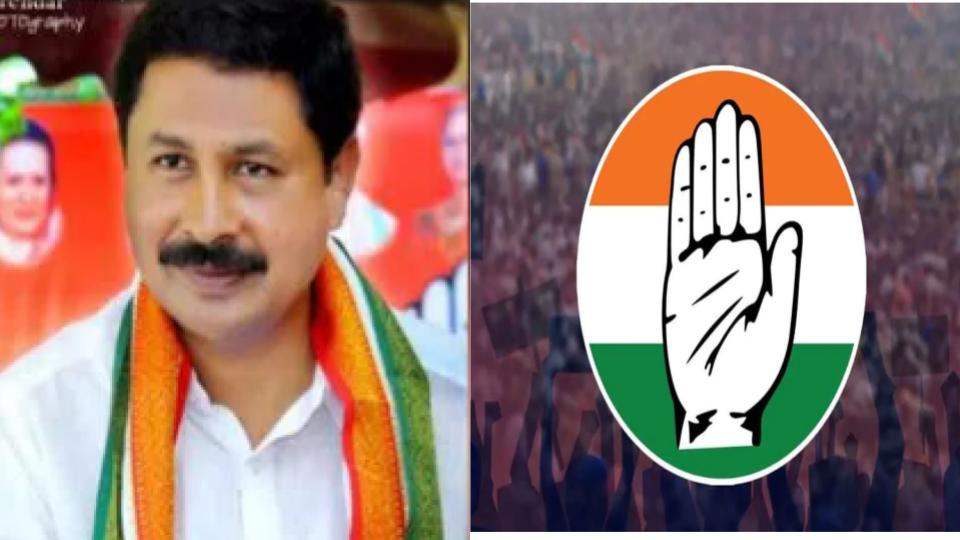
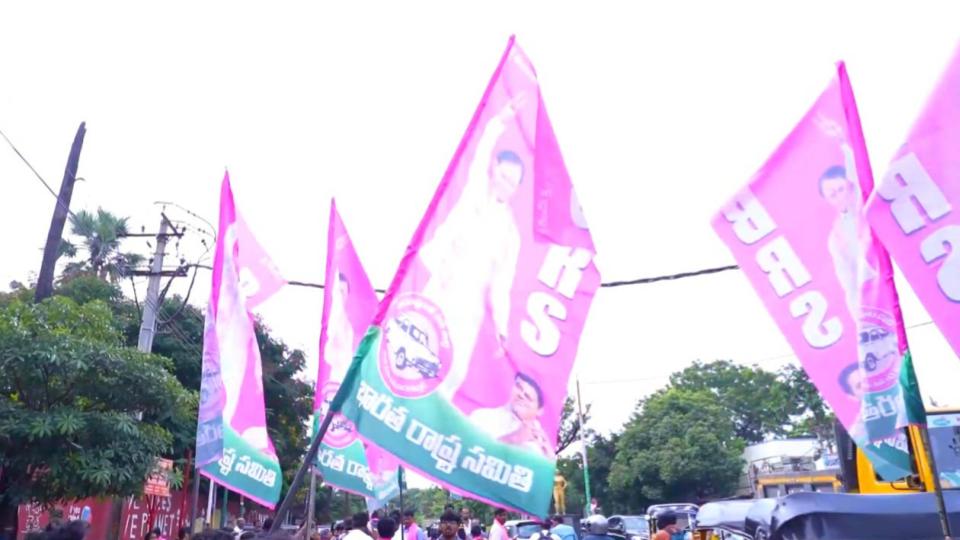



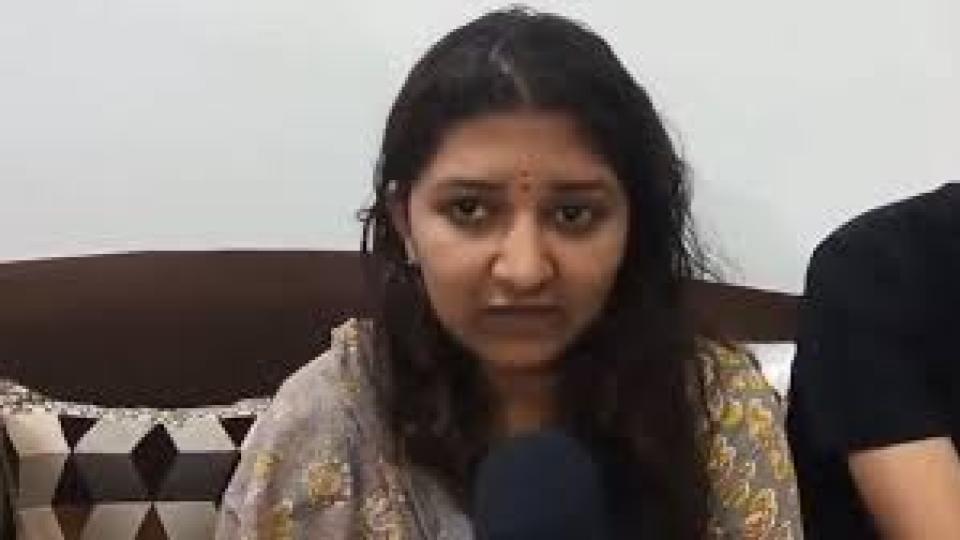
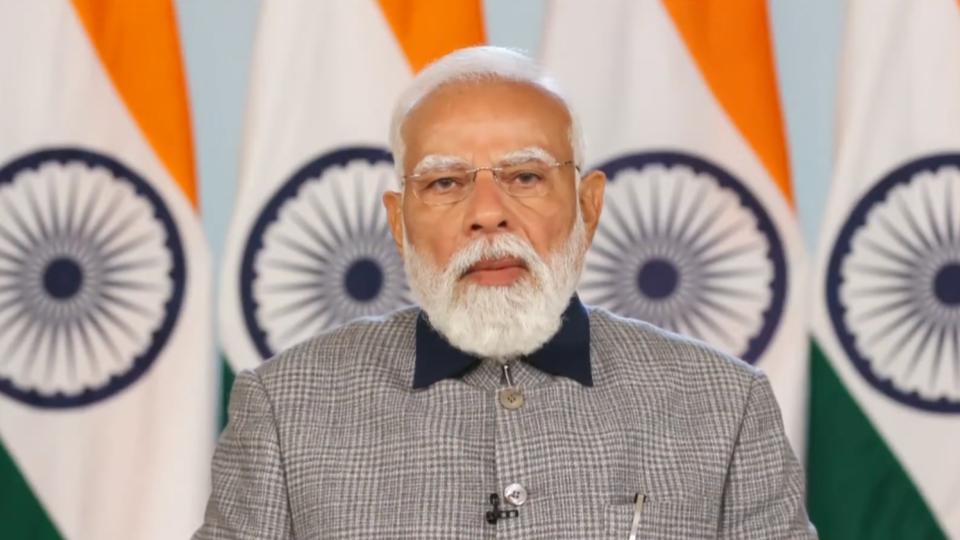

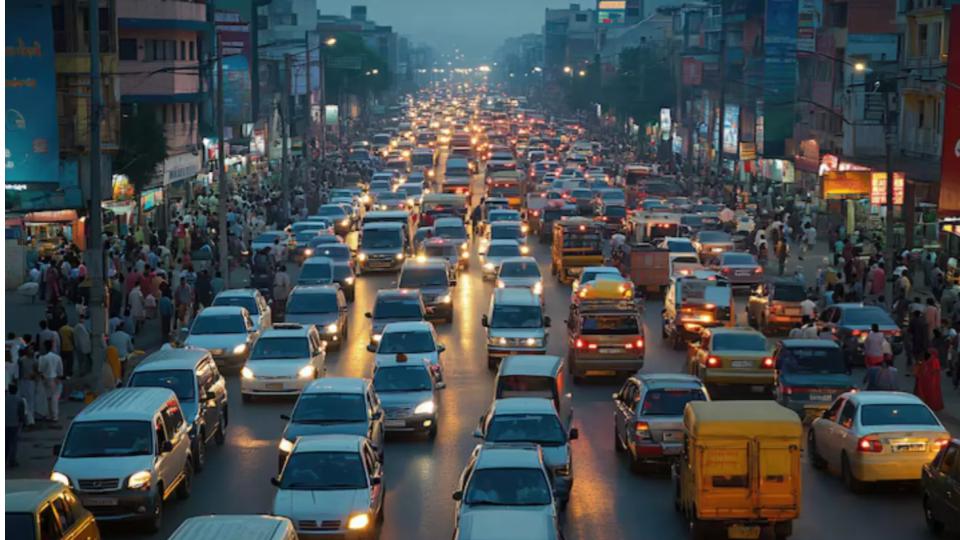
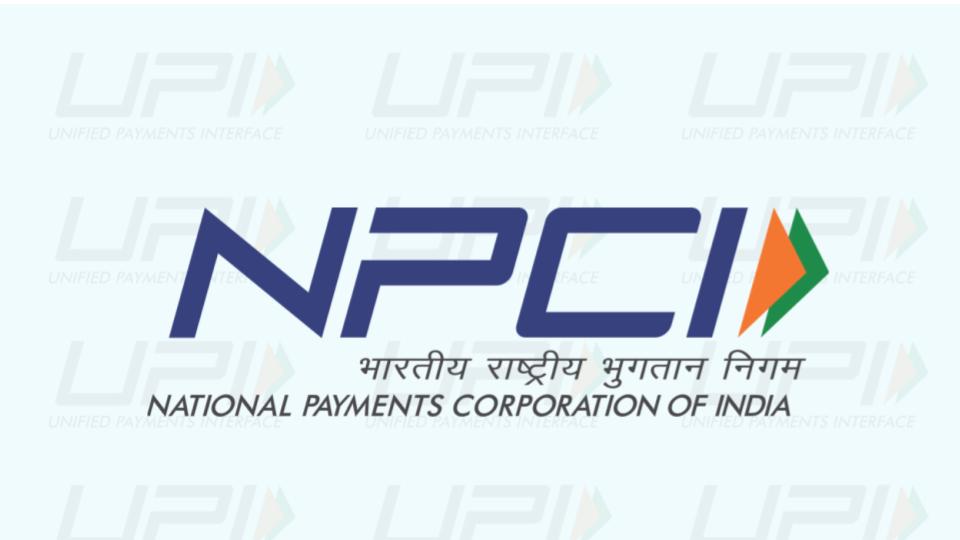
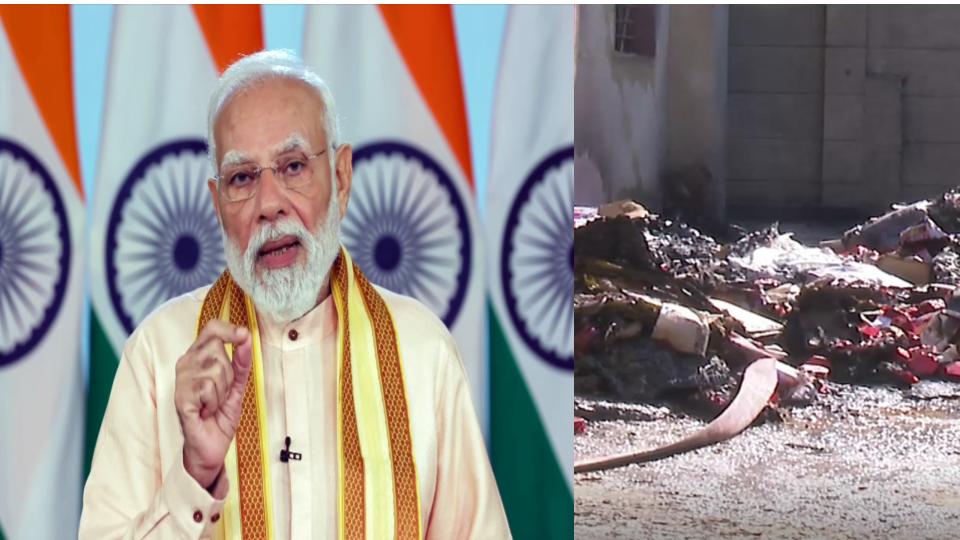
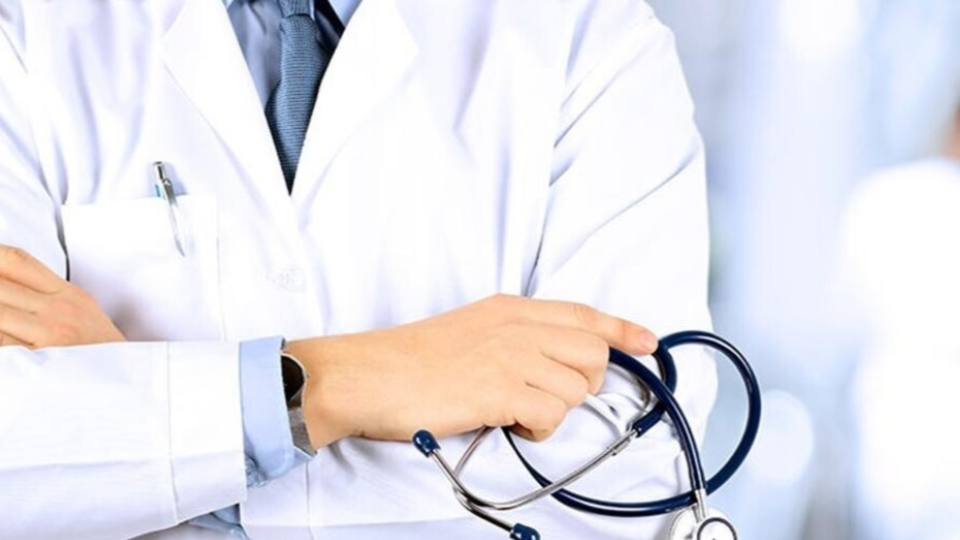
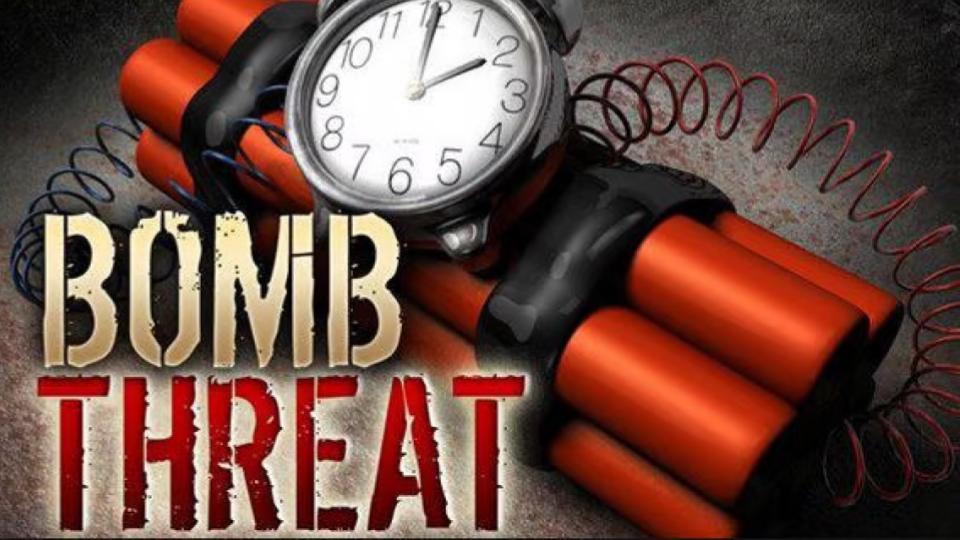


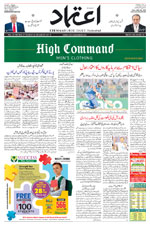










.jpg)
.jpg)
.jpg)


